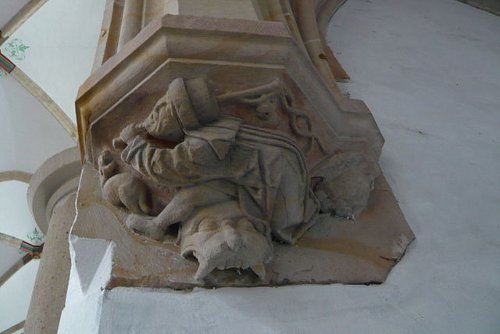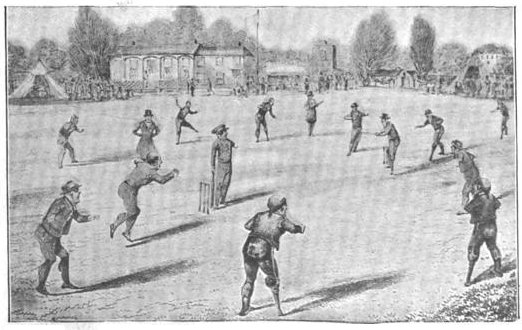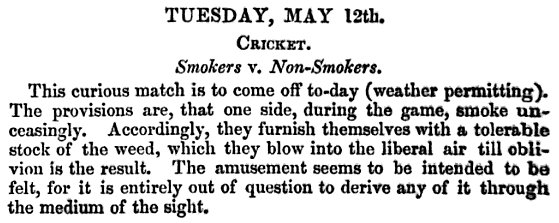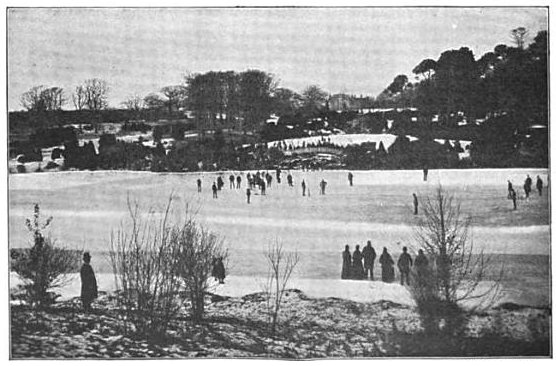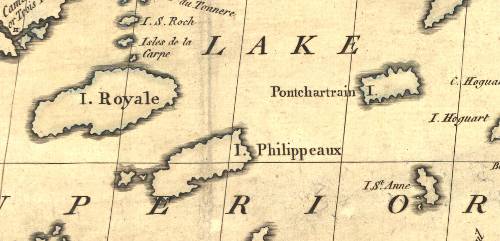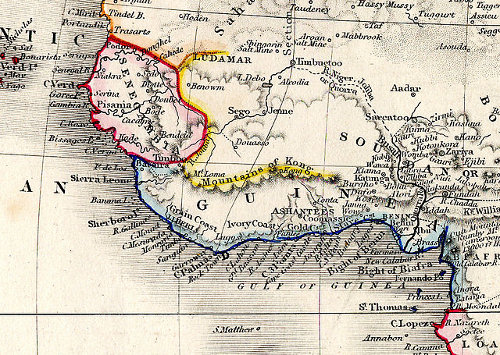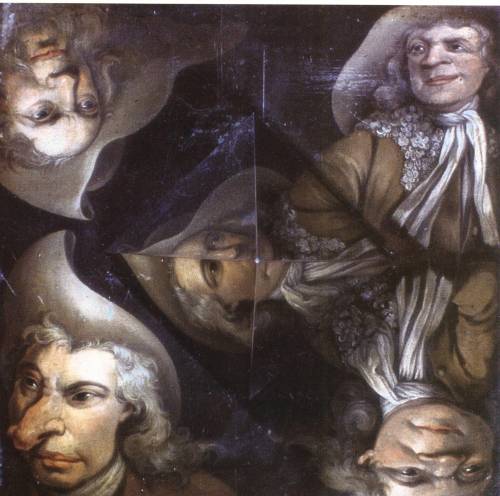
In 1830, architect Thomas Willson proposed housing London’s dead in a gigantic pyramid, “a metropolitan cemetery on a scale commensurate with the necessities of the largest city in the world, embracing prospectively the demands of centuries, sufficiently capacious to receive 5,000,000 of the dead, where they may repose in perfect security, without interfering with the comfort, the health, the business, the property, or the pursuits of the living.”
Willson’s necropolis would have covered 18 acres but would consolidate graves that would require 50 times that space in a conventional graveyard. With a base the size of Russell Square and a height greater than St. Paul’s, its granite-faced bulk would surpass the great pyramid of Giza. Through an Egyptian portal visitors would enter a surrounding enclosure decorated with statuary, cenotaphs, and monuments, as well as a chapel, a register office, and dwellings for the keeper, the clerk, the sexton, and the superintendent. They could ascend any side of the pyramid by a vast flight of stairs, at the top reaching an obelisk crowned with an observatory.
“This grand mausoleum,” Willson announced, “will go far towards completing the glory of London. It will rise in majesty over its splendid fanes and lofty towers,–teaching the living to die, and the dying to live for ever.” The cost he estimated at £2.5 million, but with 30,000 interments per year at £5 each, the pyramid would bring in £150,000 per year, saving £12.5 million over the course of a century in a project whose necessity, sadly, was certain to endure.
“However, the pyramid cemetery, instead of rearing its gloomy mountain-side into the clouds, and casting the shadow of death over every part of London in succession in the course of the day, exists only upon paper,” runs a contemporary report. “The dividends were too remote, and joint-stock people would not wait one hundred years for one hundred per cent.”
(Thanks, Ron.)

